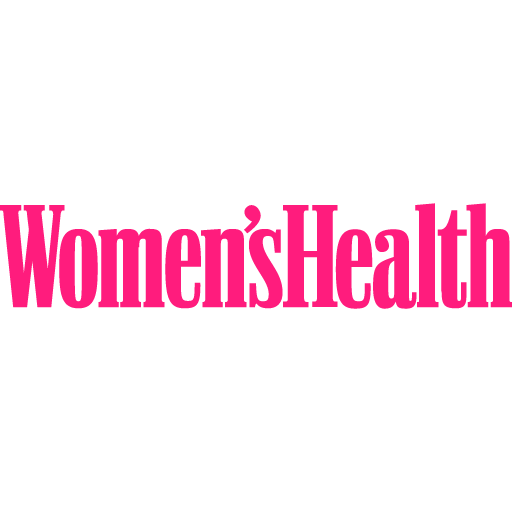Nutrition
Good quality nutrition is essential to get the right amount of vitamins and minerals to support your health. And an at-home blood test can help you identify common nutrient deficiencies.
Browse our medically-reviewed articles on how food, diets, and vitamins and minerals can affect your overall health.











